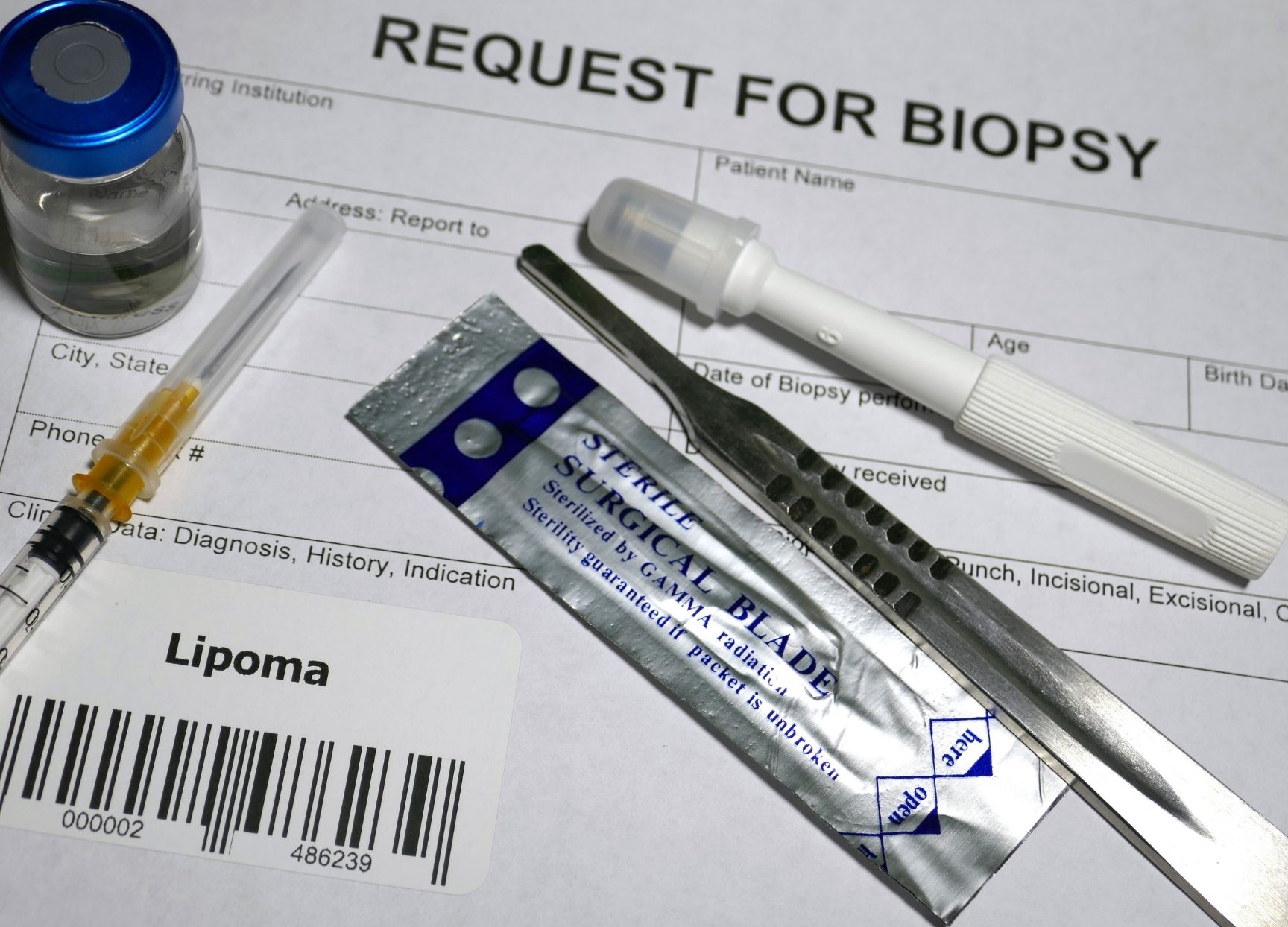Rest: you must allow yourself enough rest following your procedure. This will allow the wound to heal better. This will vary depending on the complexity of your procedure, please discuss this with your surgeon.
Work: please check with us about taking time off work and whether you would be able to drive directly after your procedure. In general, most skin surgery will allow you to return to non-physical work immediately or in the next few days, but it depends on your job and most importantly how you feel after the procedure.
Sports and exercise: in most cases, you should not swim, play sports (incl. golf), or exercise (including gardening) whilst the stitches are in place for at least 2 weeks after the procedure – to optimise the appearance of the scar. Depending on the size and site of the surgery you may be asked to refrain from activities that might stretch the scar for a longer period of time (3-4 weeks) after the stitches have been removed. Please ask your surgeon if you are not sure.
Events: please avoid social or stressful events for 1-2 weeks after your procedure to avoid complications to your wound and delayed healing.
Post-procedure FAQs
When will my sutures be removed?
This depends on the type of sutures that you have had. In general, sutures are removed at 5-14 days depending on the site and type of suture used. Please discuss this with your surgeon. We would be keen for you to have these removed at OneWelbeck so that we can also review the wound and ensure it is healing well.
When can I fly?
With local anaesthetic there are no restrictions to flying, but we would recommend waiting at least 1 week before flying in case of unforeseen issues. Although this advice will be different depending on your procedure and individual patient factors, please discuss this with your surgeon and travel insurance company before your procedure.
Can I eat or drink ?
With local anaesthetic procedures we encourage you to eat light meals before and after your procedure. Please keep yourself well hydrated and avoid any alcohol a day before and at least 2 days after your procedure as this will increase your bleeding tendency and delay healing.
Can I shower or bath?
We recommend having a wash prior to you attending for your procedure. Depending on where on your body the procedure is performed, we will sometimes ask you to avoid getting that area wet for 5-7 days. We will normally apply showerproof (but not waterproof) dressings to avoid the wound getting wet, when you are allowed to have a quick shower. In general, we do not recommend having baths when you have surgical wounds. Please discuss this with your surgeon.
I am having surgery on my face, do I have to take special precautions?
For procedures on the head we advise to avoid bending down after the procedure. This causes congestion and can lead to more swelling of your wound. On the day try to wear slip on shoes to avoid undoing shoelaces and bending down. We recommend avoiding heavy lifting and straining for at least a week after your procedure. Please try to get a week’s worth of shopping in order to avoid carrying heavy shopping bags.
My procedure is on my arm or leg, should I take any special precautions?
On the limbs – especially extremities such as the foot or hand, swelling following the procedure can develop. Therefore we would recommend elevation of the affected limb following the procedure when at home. In certain cases, such as with your hand we may put a sling on to keep your hand elevated. This may mean that you will need to reduce your responsibilities and exercises following your procedure, although your surgeon will warn you about these issues prior to your procedure.






